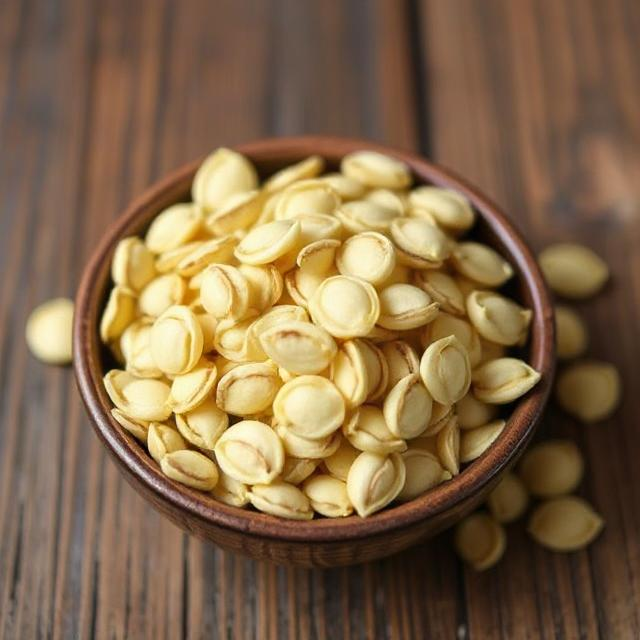Title: The Power of Melon Seeds: Tiny Seeds with Big Benefits

Slug: melon-seeds-health-benefits-uses
Intro:
When you think of melons, you probably picture a refreshing slice of watermelon or muskmelon on a hot day. But have you ever considered the little seeds tucked inside? These often-discarded seeds are actually nutrient-dense powerhouses with a variety of culinary and health uses. Let’s explore why melon seeds deserve a place in your pantry.

What Are Melon Seeds?
Melon seeds come from various types of melons, such as watermelon, cantaloupe (muskmelon), and honeydew. While most people discard them, cultures across the globe have roasted, dried, and consumed these seeds for centuries. They are rich in essential nutrients and can be consumed raw, roasted, or ground into powder.

Health Benefits of Melon Seeds
- Rich in Protein
Melon seeds are a surprising source of plant-based protein. A handful of dried seeds can offer a significant protein boost, making them a great snack for vegetarians and vegans. - Loaded with Healthy Fats
These seeds contain good fats—primarily omega-6 fatty acids—that support heart health and reduce inflammation. - Packed with Micronutrients
Melon seeds are rich in magnesium, iron, zinc, and potassium—important for muscle function, immunity, and overall vitality. - Good for Skin and Hair
The antioxidants and essential fatty acids in melon seeds help nourish the skin and promote healthy hair growth. - Supports Digestive Health
With their fiber content, melon seeds aid digestion and help regulate bowel movements.

Culinary Uses of Melon Seeds
- Roasted Snacks: Season and roast them like sunflower or pumpkin seeds.
- Trail Mixes: Add them to homemade granola or trail mix for an extra crunch.
- Melon Seed Milk: Blend soaked seeds with water to create a creamy, dairy-free milk alternative.
- Garnish: Sprinkle them on salads, soups, or desserts for added texture and nutrition.
- Ground in Smoothies or Curries: Powdered melon seeds are often used in Indian and Middle Eastern cooking to thicken gravies or enrich smoothies.
How to Prepare Melon Seeds at Home
- Scoop out the seeds from fresh melons.
- Rinse thoroughly to remove pulp.
- Dry them in the sun or use a dehydrator.
- Roast them with your favorite spices, or store the raw seeds for later use.
Final Thoughts
Next time you slice into a juicy melon, think twice before tossing the seeds. These little gems are not only edible but incredibly beneficial for your health. Whether you’re looking to boost your nutrition or add variety to your meals, melon seeds are a wholesome and eco-friendly choice.


